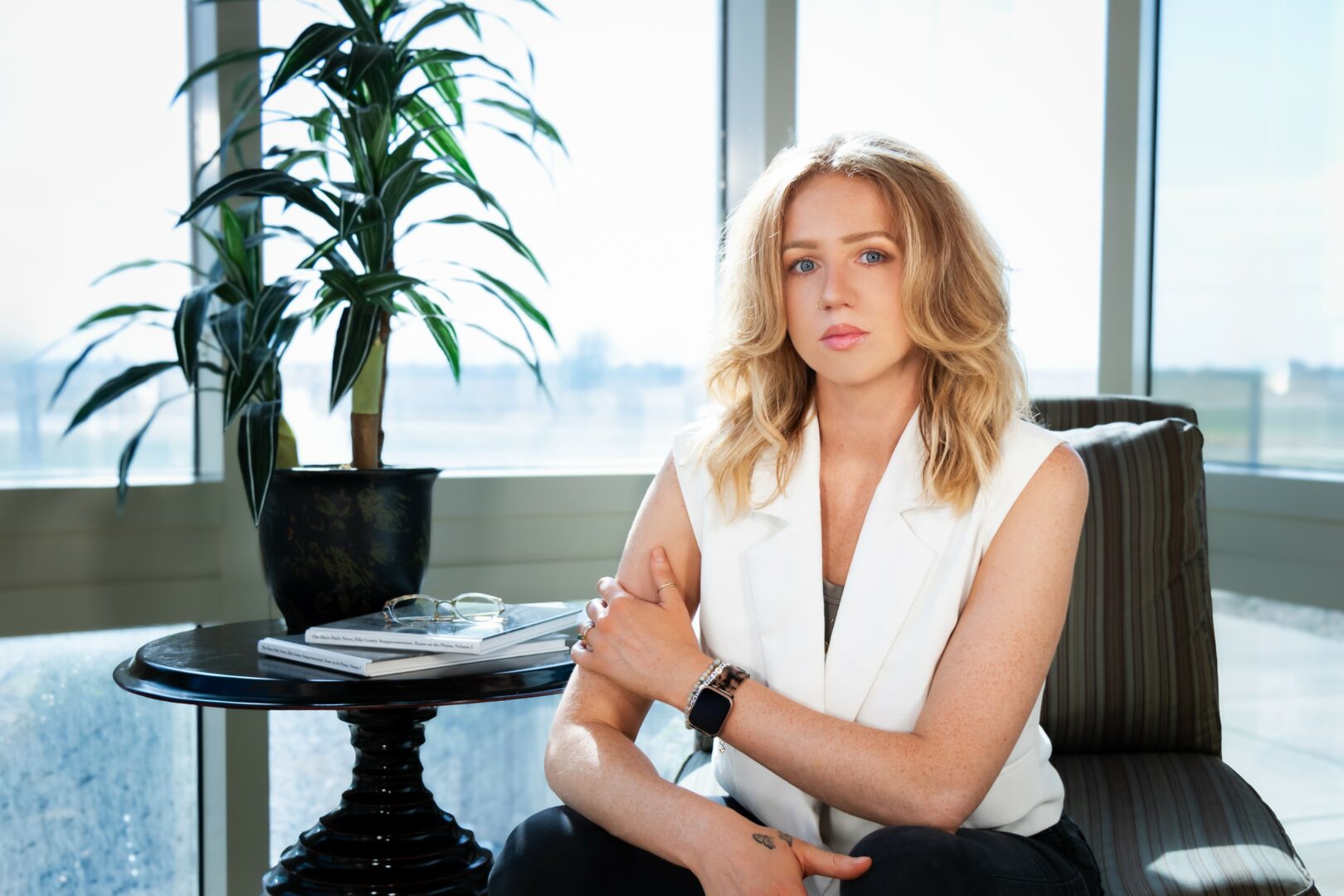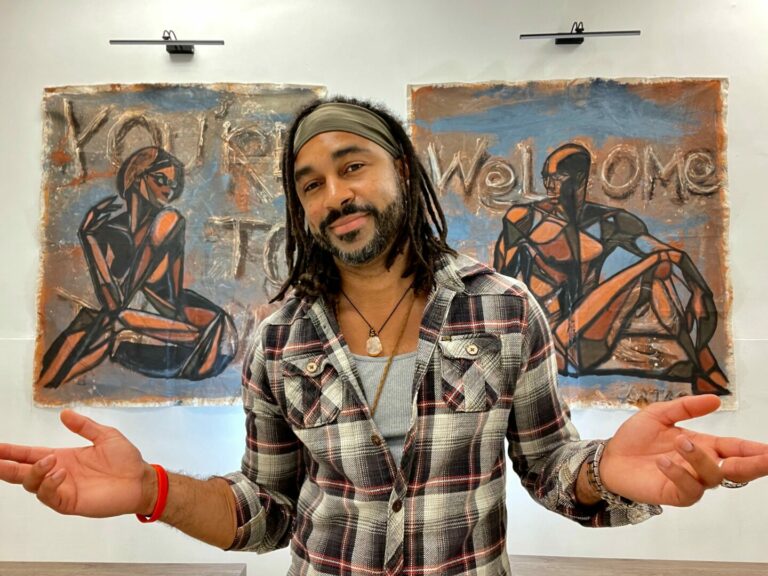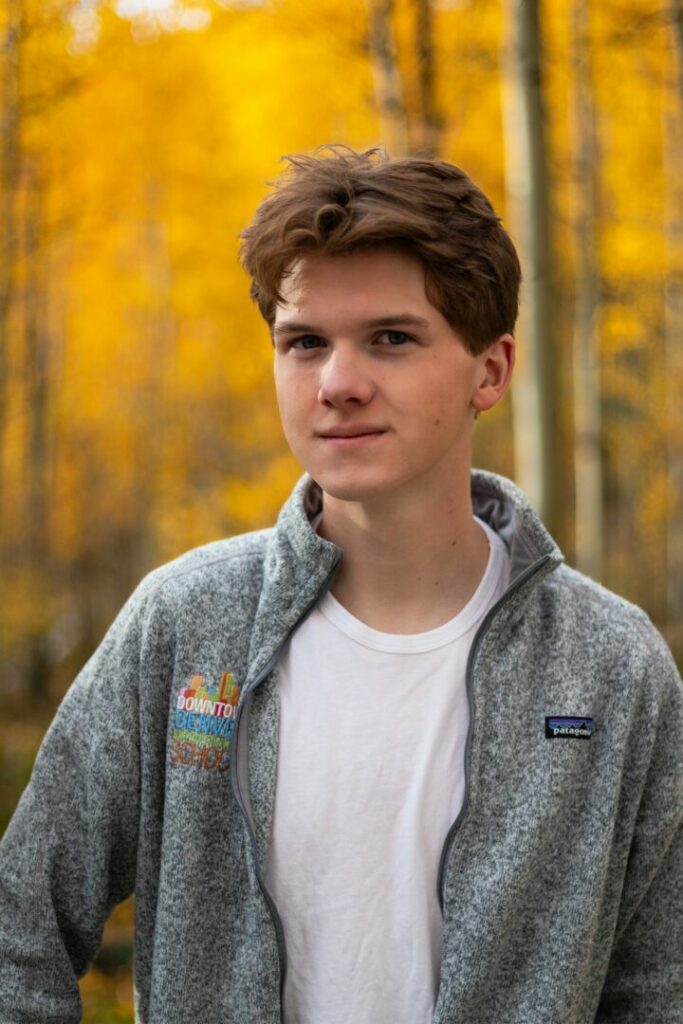Alright – so today we’ve got the honor of introducing you to Bruce Dean. We think you’ll enjoy our conversation, we’ve shared it below.
Bruce, thank you so much for joining us and offering your lessons and wisdom for our readers. One of the things we most admire about you is your generosity and so we’d love if you could talk to us about where you think your generosity comes from.
More than 50 years ago I was asked by a professor to consider the idea that the world could be viewed in two different manners. Many people viewed it as bounded, while others viewed it as blended. Those who viewed it as having boundaries separated themselves from others, based on many factors: neighborhood, economic status, religion, nationality, language, ethnicity, age. Basically they found endless ways to distinguish themselves from others. I chose the view of a blended world, in which our most profound connection with others is our humanity. I felt encouraged to find human connections with all varieties of people. And I believe that generosity is a function of connection. One is inclined to be accepting, to share, to be of service, when connected.

Appreciate the insights and wisdom. Before we dig deeper and ask you about the skills that matter and more, maybe you can tell our readers about yourself?
I am an artist, I paint and draw. I have been doing it for over fifty years. My wife and I live in a community of artists – The Brewery Art Colony – in Los Angeles. There are over 300 live/work studios here. We have a free open studios event called The Brewery Artwalk that lasts a weekend, every spring and fall, in which thousands of visitors come through our spaces.
I began my career as an illustrator after art school. I then became an abstract painter and had dozens of museum and gallery shows for over 40 years. In the last six years, after a visit to the museums and cathedrals of Europe, I returned to making realistic, surrealistic and figurative work. Work with a narrative. My most recent series is inspired by the American Realists, such as Edward Hopper. Rather than exploring what is unique, I delve into what may be shared. What are the images that we, as humans, find meaningful? What do we describe as personal? Each painting is a conversation to which we all all can contribute, for which we all have stories.

There is so much advice out there about all the different skills and qualities folks need to develop in order to succeed in today’s highly competitive environment and often it can feel overwhelming. So, if we had to break it down to just the three that matter most, which three skills or qualities would you focus on?
The aspects that have been important to my career are essentially choices I have made. I have attempted to employ my connection to humanity in my art. Even when making abstract work I find myself looking inside for what makes me human. I consider the idea that we as humans, at our cores, have a shared aesthetic. I seek to make the marks that we might all understand, that we will all be moved by. Obviously, that isn’t a simple process, but it offers me a sense of focus. This idea has been underscored since I returned to making figurative work, and may have actually influenced that change.
The idea of uncertainty, in many instances, can be daunting. I have chosen to view certainty as an apparition. When beginning a new painting, I find that my understanding of my own work is never immediate and never anticipated. I’m open to learning as the painting develops. Often the period of understanding extends beyond the completion of the art. When asked, “How do you know when a painting is done?” My answer, ever so slightly ironic, is: “When it leaves the studio.” On occasion, my understanding of my art is influenced or underscored by conversations with others. I present a scenario, and they may offer a narrative, inspired by the work, that I hadn’t considered, that my be more universal.
I don’t necessarily think that these choices are the answer for everyone, but I think understanding what drives your art, why you find satisfaction in creating it, is an essential aspect of finding joy, of succeeding, of moving forward.

Before we go, maybe you can tell us a bit about your parents and what you feel was the most impactful thing they did for you?
My father died when I was less than two years old. I was raised by my mother and grandmother, who came to live with us. My mother graduated from high school at the beginning of the depression and worked hard to support our family of three. Her dedication to and acceptance of her role, without complaint, was inspiring. Her belief in me and her encouragement in every aspect of my life was profound. I never wavered, and probably had more confidence in attempting most endeavors because of her belief in my capabilities.
Contact Info:
- Website: https://brucedeanart.com
- Instagram: @fbrucedean
- Facebook: Bruce Dean
- Other: Etsy: BruceDeanPrints




so if you or someone you know deserves recognition please let us know here.




